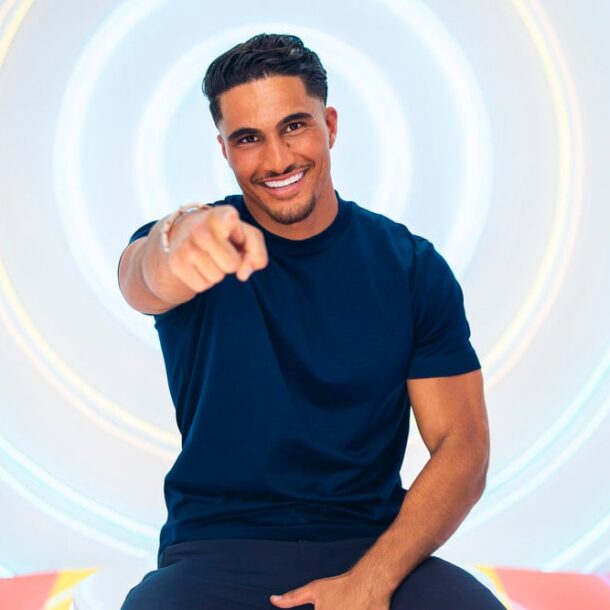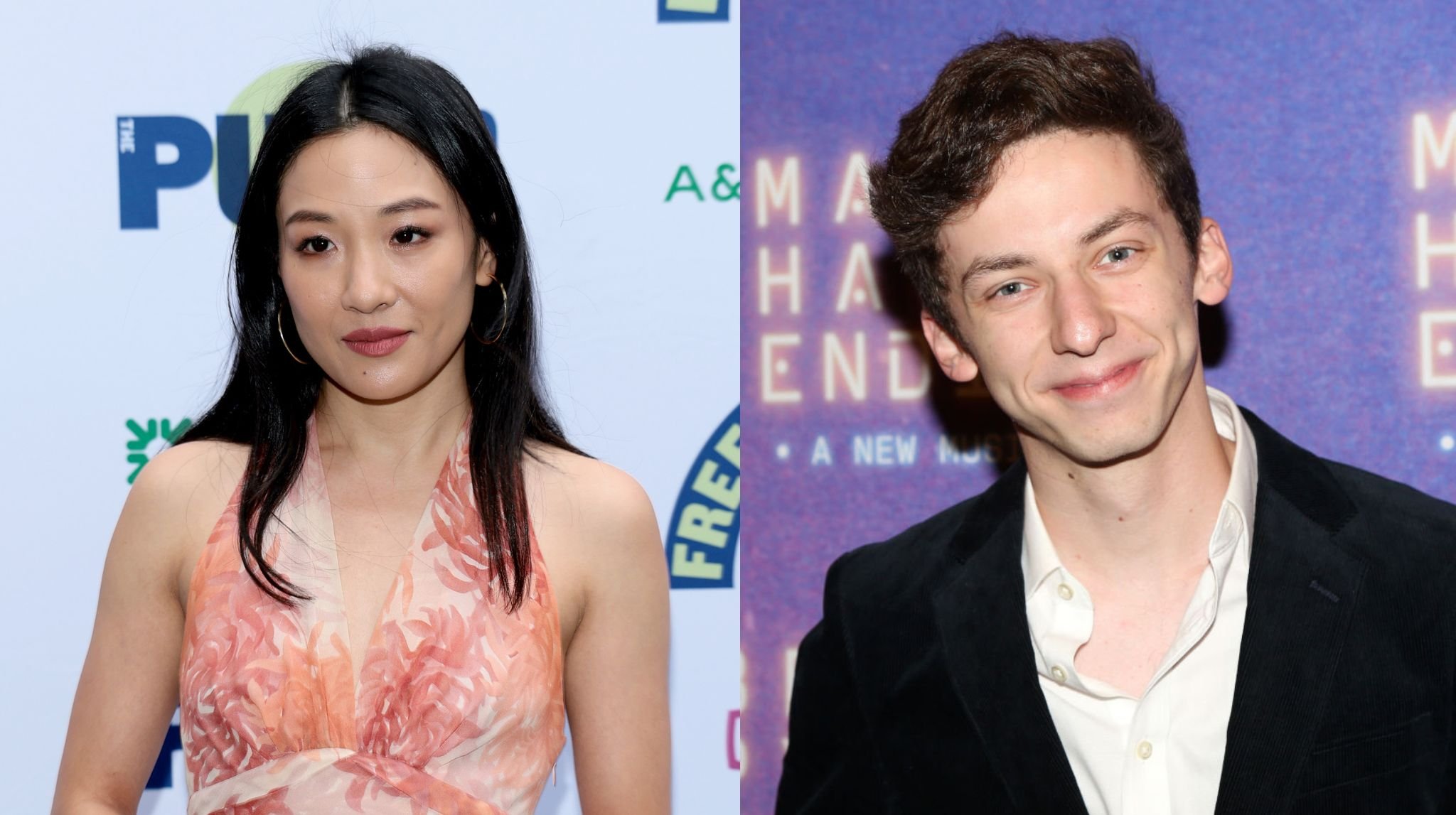
Stay
UpdateD
Join the BPC
Email List
Stay up to date on exciting projects and upcoming events from the Black Promoters Collective.

In July, the Broadway musical Maybe Happy Ending announced that Andrew Barth Feldman would take over the lead role from Darren Criss, the first Asian American actor to win the Tony Award for Best Performance by an Actor in a Leading Role in a Musical for his work in the show. The change stirred backlash as many believed the role should have gone to an actor who’s a member of the Asian American and Pacific Islander community, considering the show’s setting in Seoul, South Korea.
Fresh Off the Boat and Hustlers star Constance Wu agrees.
According to Variety, she called out Feldman for accepting the role, recently sharing a message on Instagram that revealed a discouraging conversation Wu had with the 23-year-old about his casting.
In an Instagram post Wu shared on Wednesday, she explained that Feldman reached out to her to discuss “Asian American representation and erasure in theater.”
“It was a peaceful call and we spoke at length, followed up by several emails/texts,” she wrote. “It made me hopeful. But after a recent voice memo he sent me, all I can say is that I am so disappointed in him. And feeling pretty discouraged. It’s hard to keep speaking up when it feels like no one is listening anymore in this new era. It’s exhausting and increasingly lonely. Once again, Asian Americans are left unheard, unacknowledged, invisible. Sadly, we’re used to this.”
Wu referenced an August petition started by actor B.D. Wong to replace Feldman with an Asian actor. More than 2,400 people, including Broadway actors such as Joaquina Kalukango, Anthony Rapp and Conrad Ricamora, signed it.
“A dozen or so folks bts at @maybehappyending have remained silent perhaps in the hopes that this will all fade away and you know what? It has. Your plan is working, guys — I heard your box office doing great. I’m sorry to the thousands of people on @wongbd’s petition whose signatures he and the producers have yet to publicly acknowledge,” Wu wrote.
She continued, “And honestly, I’m sorry ABF that you’ve been (perhaps unfairly) saddled with this responsibility by your producers. But sometimes we don’t choose responsibilities, they choose us. So the question that remains is: what are you choosing to do with it?”
After news of Feldman’s casting, Helen J. Shen, who is dating Feldman and starred in the musical alongside Criss, shared her stance on the controversy in a July 31 Instagram post.
“I’ve been struggling to hold multiple truths within me that seem to contradict. I have and continue to be extremely proud to look the way I do and to co-lead this Broadway show. I know the hurt that people feel because growing up, I would have found a beacon of hope in seeing our show on TV on the Tony Awards. A part of me is mourning that along with the community,” Shen wrote in a statement. “This has been an immensely challenging moment within my home with Andrew, and in this building filled with A/PI folks to say the least. I don’t know what’s forward, but to have this opportunity to play opposite my favorite actor in the world for 9 weeks, who happens to be PERFECT for the role is a huge moment of joy for me.”
She shared that she was “excited” to see a “different take” on the show.
“Every perspective on this situation contains truth. I am excited to champion more A/PI works, the way the community has championed Maybe Happy Ending,” she wrote. “I’m also excited to see work that has a completely different take than Maybe Happy Ending, that can contradict itself, that can be many things, proving that diaspora is a tapestry, and not a monolith.”
A day before Shen shared her statement, Hue Park and Will Aronson, the authors of Maybe Happy Ending, mentioned in an Instagram message that they were “extremely saddened that the show, a decade-long labor of love for us, could ever become a source of confusion, anger or pain.”
“We wrote a show about robots so we could engage more intimately with the most basic human questions of love and loss, creating the roles of Oliver and Claire to be avatars of these universal questions,” they wrote. “They were meant to be products created by a global company, and so never bore Korean names, even in the Korean version of the show. At the same time, we understand that for many in the AAPI community, the makeup of our opening night cast became a meaningful and rare point of visibility. We’ve heard how strongly people connected to that representation, even if it wasn’t our original intent, and how this casting decision has re-opened old wounds.”
Park and Aronson explained that they understand that Asian American representation on Broadway has “long been painfully scarce,” but noted that shows that have championed color-blind casting, such as Dear Evan Hansen, Hadestown, Oh, Mary! and Cabaret, mark progress.
“Over the last several years, we have been heartened to see Asian performers playing Evan Hansen, Orpheus, Abe Lincoln, Sally Bowles, and others. Leading roles for Asian performers have long been painfully scarce, and these shows excitingly made gestures toward universality with expansive casting, and rightly gave opportunities to actors from identity categories who previously had few options,” they added. “With Maybe Happy Ending, we wanted to write a show in which every role could be played by an Asian performer, but without the intention that the robot roles always would be.”
Stay up to date on exciting projects and upcoming events from the Black Promoters Collective.

©2025 Black Promoters Collective (BPC) All Rights Reserved.